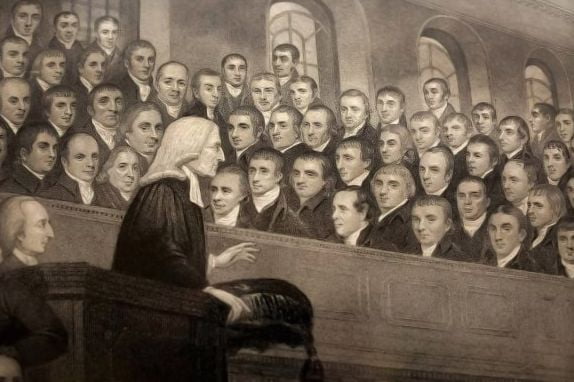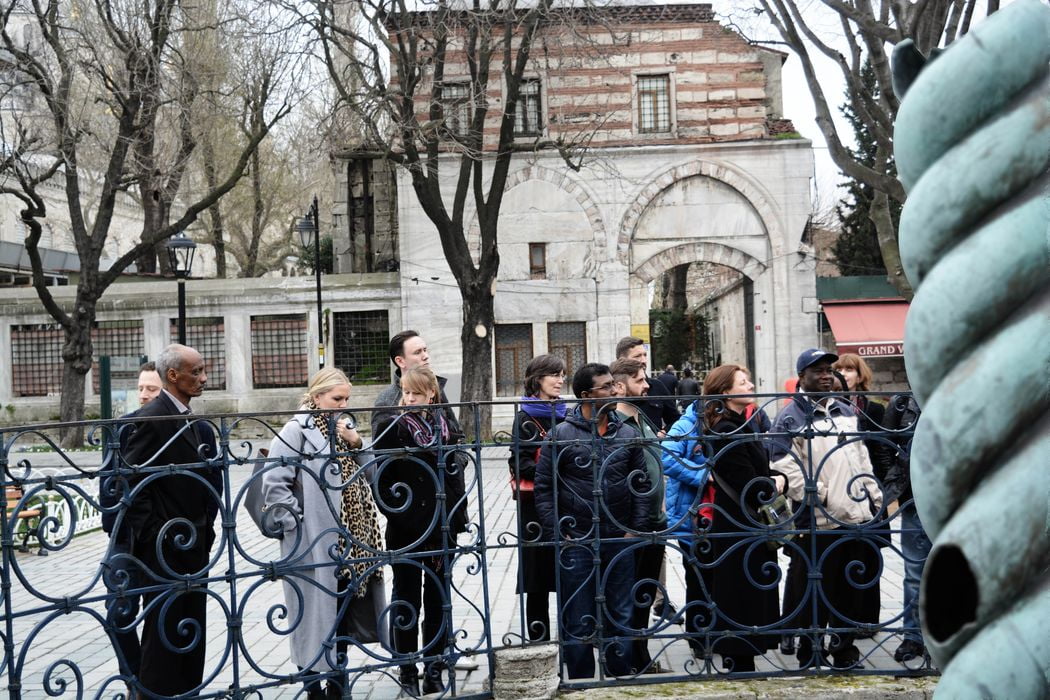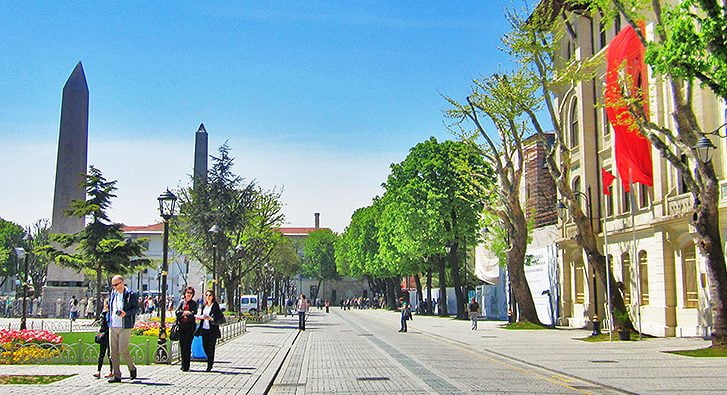Famine lurked in the wake of the pestilence. Markets were closed. A few shops were kept open to furnish necessary supplies. Now and then some old negro might have been seen, driving a meat-wagon in from the country, his nostrils stuffed with white cotton saturated with camphor. Oftener the only visible figure in the streets was that of a faithful priest going about among his perishing fold, or that of the bishop moving hither and thither on his ceaseless ministrations.
But over all the ravages of that terrible time there towered highest the solitary figure of that powerful grave-digger, who, nerved by the spectacle of the common misfortune, by one heroic effort rose for the time above the wrecks of his own nature. In the thick of the plague, in the very garden spot of the pestilence, he ruled like an unterrified king.
Drizzling Rain
Through days unnaturally chill with gray cloud and drizzling rain, or unnaturally hot with the fierce sun and suffocating damps that appeared to steam forth from subterranean cauldrons, he worked unfaltering, sometimes with a helper, sometimes with none. There were times when, exhausted, he would lie down in the half-dug graves and there sleep until able to go on; and many a midnight found him under the spectral moon, all but hidden by the rank nightshade as he bent over to mark out the lines of one of those narrow mortal cellars?
Nature soon smiles upon her own ravages and strews our graves with flowers, not as memories, but for other flowers when the spring returns.
It was one cool, brilliant morning late in that autumn. The air blew fresh and invigorating, as though on the earth there were no corruption, no death. Far southward had flown the plague. A spectator in the open court-square might have seen many signs of life returning to the town. Students hurried along, talking eagerly. Merchants met for the first time and spoke of the winter trade.
An old negress, gayly and neatly dressed, came into the market-place, and sitting down on a sidewalk displayed her yellow and red apples and fragrant gingerbread. She hummed to herself an old cradle song, and in her soft, motherly black eyes shone a mild, happy radiance. A group of young ragamuffins eyed her longingly from a distance. Court was to open for the first time since the spring. The hour was early, and one by one the lawyers passed slowly in. On the steps of the courthouse three men were standing: Thomas Brown, the sheriff, old Peter Leuba, who had just walked over from his music store on Main Street; and little M. Giron, the French confectioner. Each wore mourning on his hat, and their voices were low and grave.
Read More about Belphagor part 4








